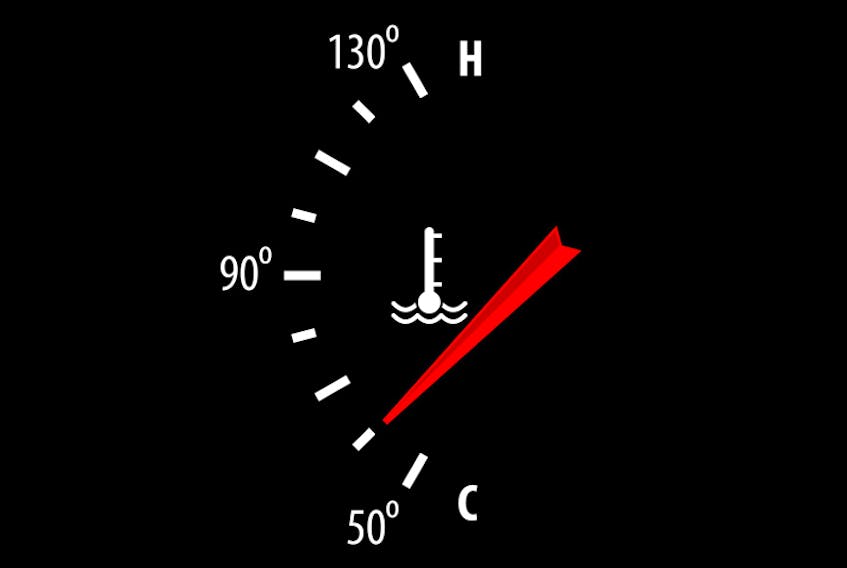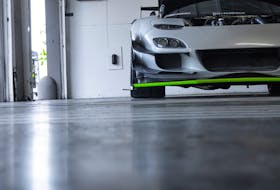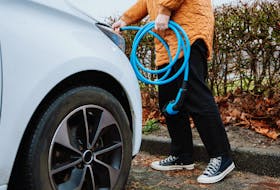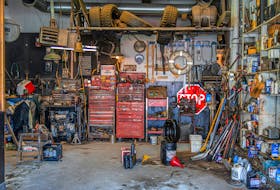With the recent spate of hot weather, our inbox has been full of concerns and inquiries on vehicle cooling systems. So, let’s tackle this issue with some answers to more basic questions first.
Is anti-freeze necessary in summer?
Yes, your vehicle’s engine requires coolant or anti-freeze year-round. In the cold days of winter, its formula prevents it from freezing at temperatures down to –40°C, or lower. Even below that temperature, the coolant won’t suddenly turn to a solid but instead will get slushy in nature. Engine coolant also has a higher boiling point than water, so it is quite useful during hot days. It also contains a lubricant necessary to keep the water pump from failing. There are different blends of coolant for different vehicles and they don’t always mix well, so check your ride’s requirements before considering any top-ups.
And of course, never remove a pressurized radiator cap – that metal one – when the engine is anything but dead cold. Trying to do this on a hot (or even mildly warm) engine can lead to a volcanic eruption of coolant that can cause severe burns. If you have pets or even curious children, clean up any coolant spills quickly and store their containers safely. It has an unusually sweet taste, but it’s poisonous. Even small amounts ingested can be fatal to animals.
Can I just add coolant to my car?
The most common cause of engine overheating is a low coolant level. You may get some early warning during cabin heater season, as that unit uses hot coolant as its heat source. As the heater is the physical high point in most cooling systems, a slight drop in volume can greatly reduce the heat coming through the vents. Topping up coolant should be done through the overflow reservoir that’s connected by a hose to the radiator, or its hoses.
When a major top-up is completed, air pockets will sometimes form, which may inhibit flow. An easy way that usually safely eliminates these, is to let the vehicle sit overnight with the pressurized rad cap left off to allow air to work its way out. If your vehicle’s coolant level was that low, you definitely need to get the leak fixed as soon as possible.
Why is my car overheating when the coolant is full?
If your engine is overheating at idle or on the road, and the coolant level seems OK, you may have a flow problem. These can be caused by failed water pumps or by blockages in the system. Power flushing with specialized chemicals can help, but an old household standby like CLR can do the same job in many cases. Flushing a vehicle cooling system isn’t a job for a novice, but experienced DIY techs usually find it an easy chore.
If your ride is running hot only at idle or low speeds but seems cool at highway rates, the radiator’s electric cooling fan may be the issue. These are set to come on when the coolant reaches a specific temperature, and/or when the AC is turned on. Verifying its operation is as easy as warming the engine up to operating temperature and then watching the fan to see if it spins. Failures here can range from defective fan motors and wiring circuit faults, to computer control issues.
My temperature gauge keeps moving. What does that mean?
If your instrument panel’s temp gauge is doing a slow dance from normal to hot and back again, you may be in for one of the biggest cooling system repairs – replacing a failed cylinder head gasket. Often when these gaskets start to go, they’ll allow air into the cooling system that blocks the flow and sends the temperature up. This extra heat can expand the metal in the cylinder head, stopping the air entry and sending the temps back down. In total failures, coolant can be introduced into the exhaust system and damage the catalytic convertor — another ouch-level bill.
Copyright PostMedia Network, 2020









